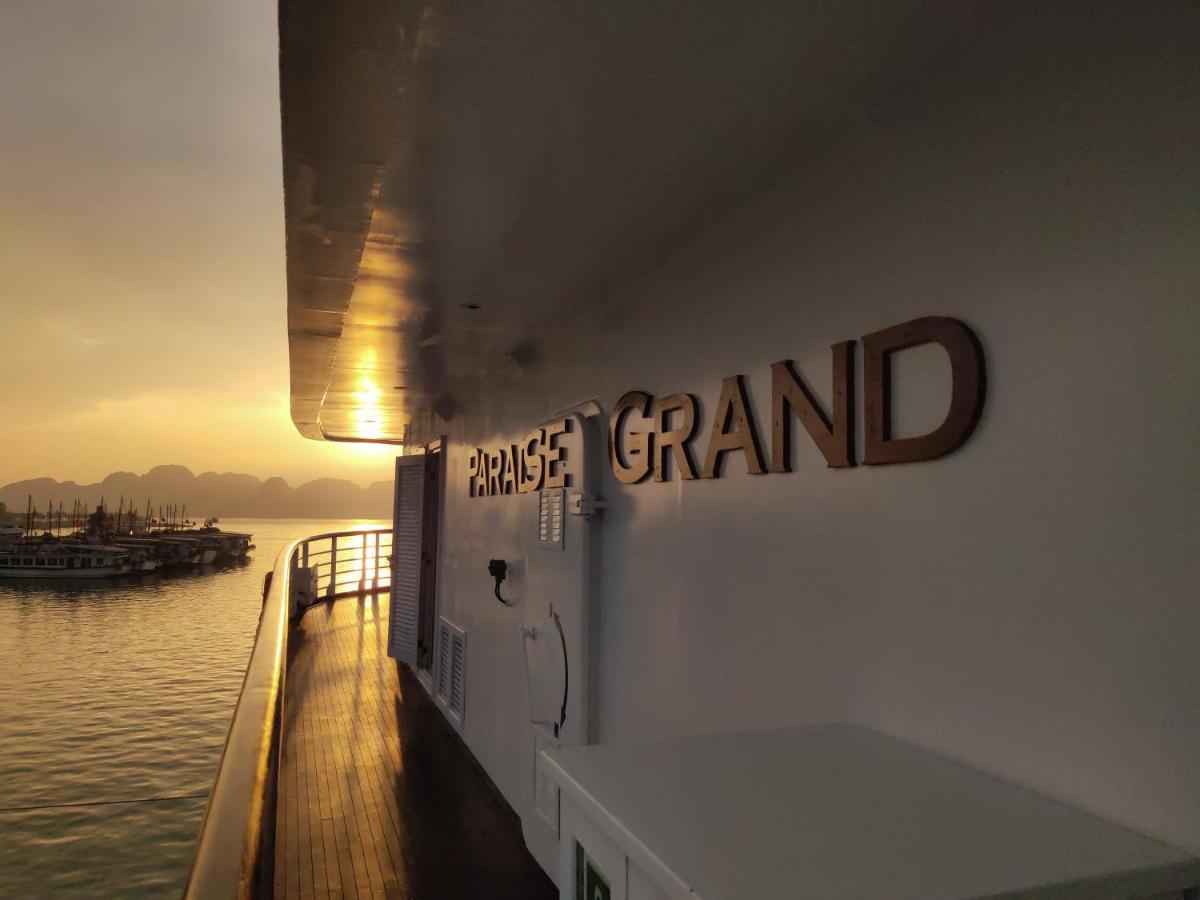Whether you’re a business tourist or someone thinking about a remote work job, it’s important to know your have strengths and weaknesses. Even though some people thrive on the overall flexibility of functioning remotely, other folks miss the cultural aspects of real time meetings and struggle to concentrate without disturbances. If you’re not only a natural to get remote function, you may want to look at a different status or work title.
In the aftermath of your pandemic, many companies adopted remote-first policies and imposed travel and leisure bans throughout the outbreak. While business travel provides rebounded, the demand for real time conferences and training seminars remains ambiguous. Yet , some workers are pushing back up against the limits very own travel and demanding company-wide in-person events to reconnect with colleagues, re-establish business culture, and get access to innovative ways of thinking.
Attending in-person events is not only an opportunity to find out, but also for a firm to network with prospective customers a business travel policy and partners. These connections can be valuable for a company’s future expansion and a key factor in a hiring decision.
Another trend that may help fuel an excellent return to business travel is certainly bleisure, the practice of adding holiday time to a business trip. Typically, a business covers the price tag on airfare and accommodations, and the employee will pay for additional costs such as meals and sightseeing. However , the mixing of business and leisure trips presents income and hour issues for exempt employees that employers need to carefully review to ensure compliance.





















